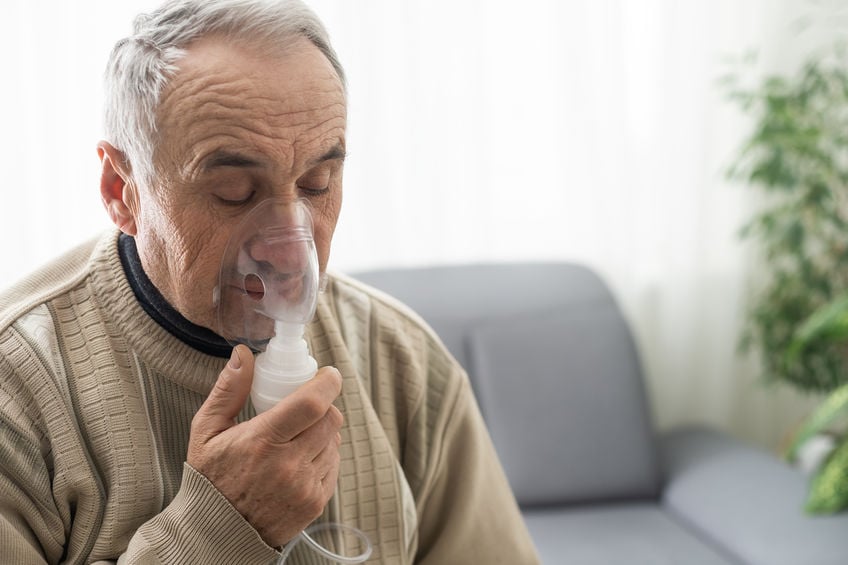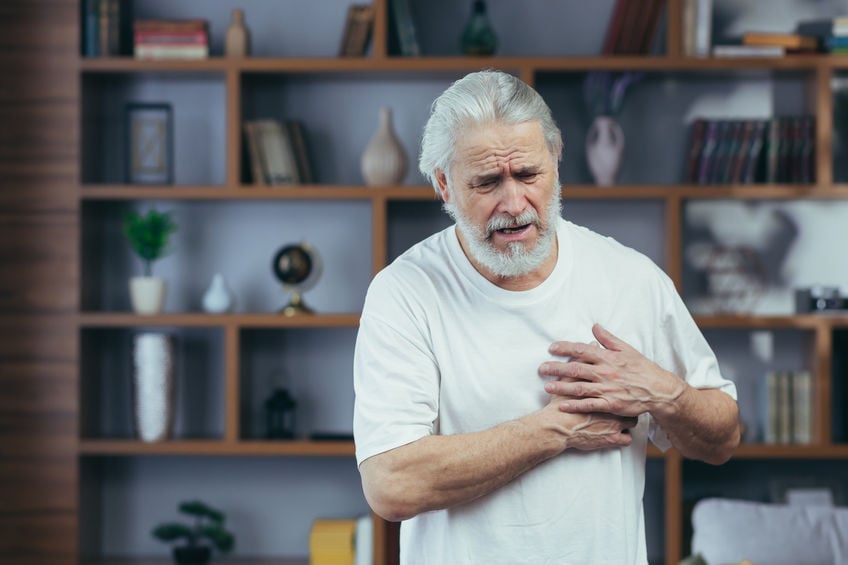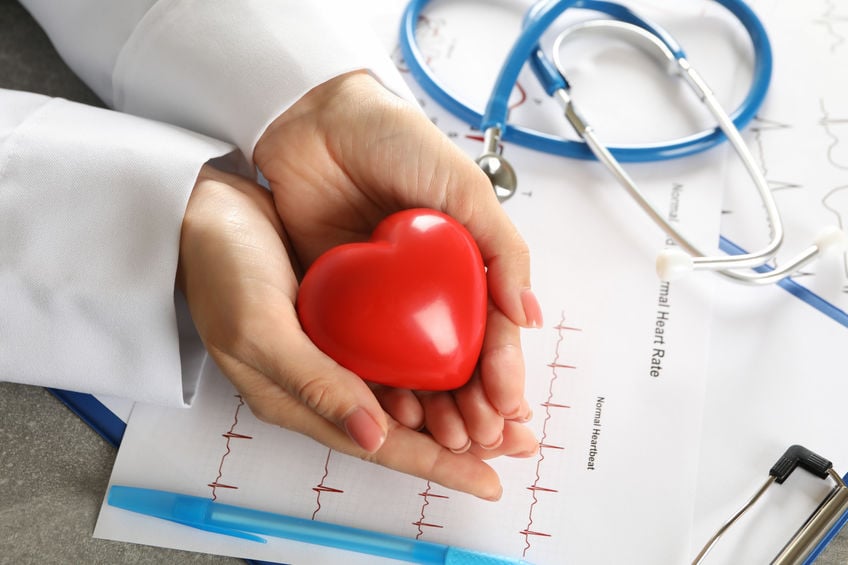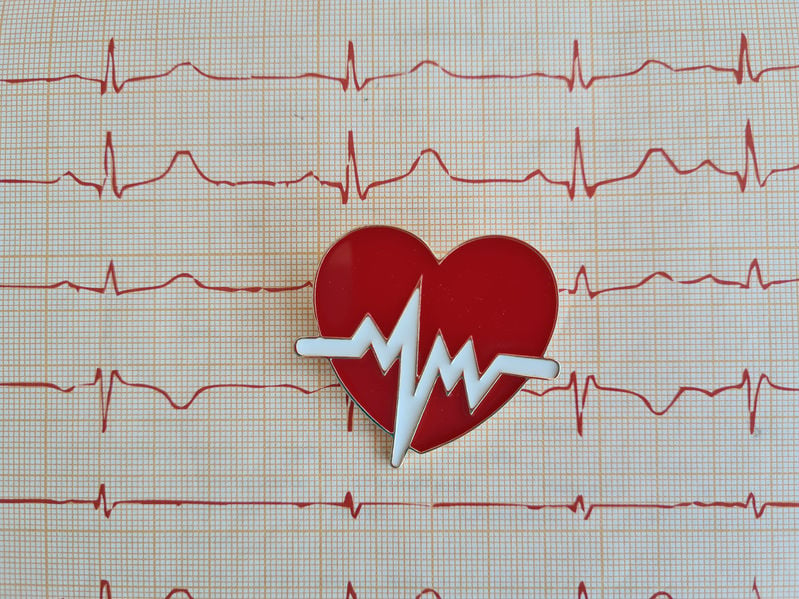Having A Hard Time Breathing
Chronic obstructive pulmonary disease (COPD) is a chronic respiratory condition that occurs due to airflow obstruction. COPD includes chronic bronchitis and emphysema that make breathing difficult. This medical condition cannot be reversed but can be controlled with medical treatment and lifestyle changes. Even after getting discharged from the hospital, continuous treatment and self-care are necessary.

Stages of COPD
The severity of COPD is different for each person and can range from mild to severe. Treatments received are also based on the severity of COPD. The mild stage refers to having shortness of breath with light activities and also experiencing coughs with phlegm. The moderate to severe stage involves worsening shortness of breath in daily activities and more phlegm coughs. In a very severe stage, every activity causes breathing difficulty.
Making breathing ability easier
The doctor will recommend the right treatment after going through various tests and having a definite diagnosis, including the stage The treatment modalities include mostly medications, supplemental oxygen, expectorants, rehabilitation, and vaccination. Medications involve bronchodilators, anti-inflammatory drugs, antibiotics, anticholinergics, antihistamines, and leukotriene modifiers. Surgery is reserved for very severe COPD cases. These treatments will enhance a patient’s breathing ability and allow doing activities without needing to gasp one’s breath.
Keeping symptoms stable
Once the patient is allowed to go home, the doctor will prescribe medications and provide the necessary instructions. After discharge, take the required medications as instructed by the doctor. The healthcare provider may recommend a respiratory rehabilitation program. Preventive measures such as quitting smoking, getting vaccinated, maintaining a healthy weight, and avoiding air pollutants will also be discussed.
Controlling COPD at home
Sometimes, patients experience COPD exacerbation, which is when the respiratory symptoms become more severe. This is treated at the hospital, but patients still require constant management once treated and discharged. A mild COPD exacerbation can be dealt with prescribed medications such as bronchodilators and antibiotics if there is an infection. Moderate exacerbation is managed with an increased dose of bronchodilators and oral steroids, and antibiotics in case of an infection. In severe exacerbation, optimal therapy with combined medications is prescribed.
Additional therapies
Besides medications, doctors do recommend additional therapies for patients. In moderate and severe exacerbations, a smoking cessation program, respiratory rehabilitation, and vaccination, such as the anti-pneumococcal vaccine, are advised. Regardless of the stage, a follow-up with a doctor is definitely to monitor the patient’s lung condition.
Maintaining respiratory treatment
After receiving the necessary treatment at the hospital, taking the medications as instructed is necessary to stabilize the COPD symptoms. Any additional treatment plans and prevention programs are recommended for patients in moderate to severe stages. If one is experiencing worsening symptoms at any time, call the doctor immediately.



